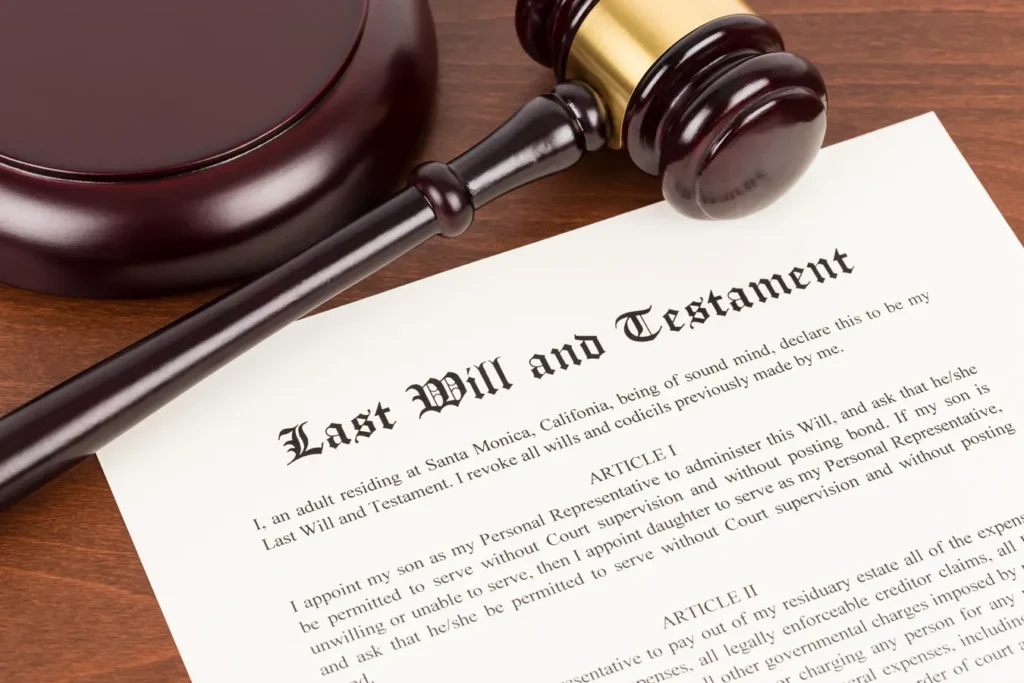The law requires that the estate of a deceased person who leaves behind ‘property’ be registered for purposes of administering the deceased’s property which forms part of his/her estate. If the deceased had a registered marriage, the estate has to be registered at the Master of the High Court. If the deceased was in unregistered customary law union, the estate may be registered at the Magistrates Court. The initial step is to have the death recorded and registered at the nearest Births and Deaths Registry and a death certificate be obtained. The estate must be registered within 14 days of the demise of the deceased. In terms of Section 5(3a) of the Administration of Estates Act (Chapter 6:01) failure to register an estate within the stipulated period, without a just cause, is a criminal offence attracting a jail term of up to one year or a fine or both.
The surviving spouse, or if there is no surviving spouse then a family member or any person connected to the estate like creditors can take steps to register the deceased estate. Upon registering, the responsible person will complete a death notice form, as well as an inventory form listing the deceased’s assets. An edict meeting will then be held, attended by at least four close relatives of the deceased, where a person called an executor will be appointed to administer the estate. Where the deceased left a Will, their wishes will be respected and an executor nominated in the Will shall be appointed. Where the deceased left no Will, the executor will be appointed at an edict meeting. If there is no consensus among the relatives regarding the choice of executor, then the Master of High Court will appoint a neutral executor from its list of registered and professional executors. The neutral executor will be entitled to a fee.
The executor will be issued with Letters of Administration which grants the executor authority to administer and wind up the estate.
The process of registering an estate is key to enable beneficiaries of the estate to lawfully deal with the deceased’s assets such as immovable and movable properties that will be registered in the name of the deceased.
The contents of this article are for general information purposes only and do not constitute our legal or professional advice. We accept no responsibility for any loss or damage of whatsoever nature which may arise from reliance on any of the information published herein.
Copyright © Marume & Furidzo Legal Practitioners 2022

